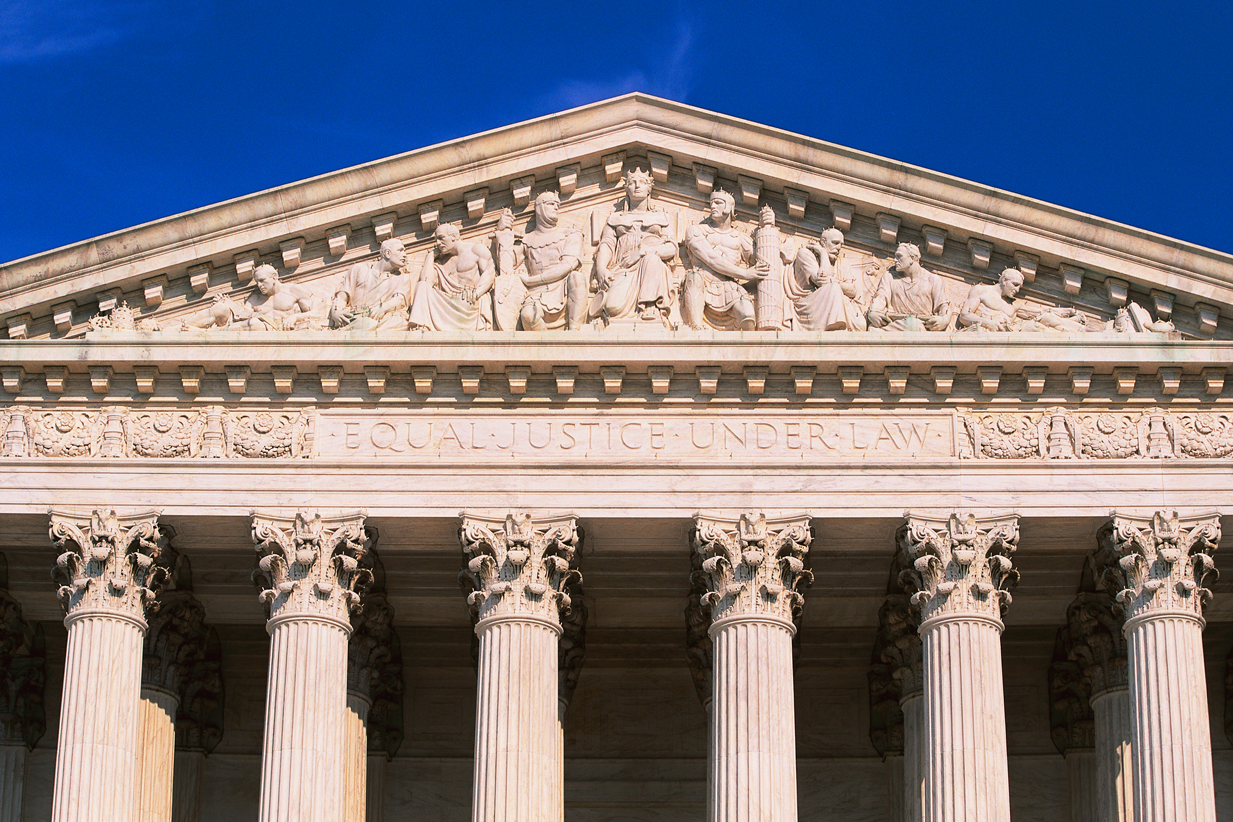David Spencer and the importance of attorney editors in Supreme Court decisions

With major Supreme Court cases like the Defense of Marriage Act (DOMA) coming down this month, the attorney editors at Thomson Reuters have been busy. Legal Current sat down with David Spencer, vice president of Legal Editorial Operations – Judicial Editorial at Thomson Reuters, to talk about the steps that attorney editors take to be prepared in advance of major case rulings. We also talked to Spencer about how his team updates editorial content after Supreme Court decisions, and learned just how many people on his team work on Supreme Court cases once they come in, covering editorial, citation checking and KeyCite history.
Spencer also chatted with us about how headnotes and other editorial enhancements from Supreme Court cases are some of the most important tools attorneys use to understand and interpret cases. This makes it crucial to get these decisions classified correctly within the key number system since practitioners will be reading and relying on them for years to come.
“We feel that we are prepared to handle any case that comes our way, but for the very important Supreme Court decisions, we do take special care by assembling a leadership team across the business that has primary responsibility for making sure the information and enhancements are created as quickly and accurately as possible,” said Spencer. “For the (DOMA decision), the leadership team involves all areas of legal editorial, product development, technology, and marketing leaders from across of the business so we are all operating together on the processing of the decision and what’s happening around that decision with other content on Westlaw.”
To watch the full video, click below.